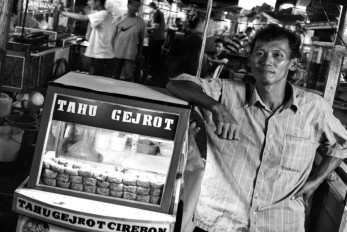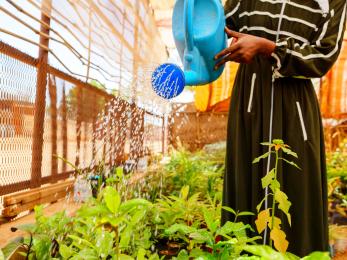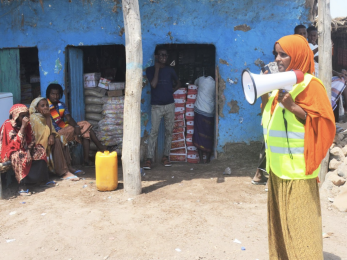SCOPE Learning Study

In Indonesia, tofu and tempeh produced from soybeans are a staple source of protein consumed by millions everyday. Yet their production is highly energy-intensive and is a major source of local pollution and carbon emissions. Small-scale producers represent the bulk of production and emissions, edominantly relying on firewood and inefficient and unhygienic equipment such as open fires and oil drums. Nationally, an estimated 85,000 cottage industry micro and small enterprises (MSEs) currently produce tofu and tempeh, employing approximately 285,000 low-wage workers.
Mercy Corps’ SCOPE program (Scaling Sustainable Consumption and Production of the Soybean Processing Industry in Indonesia), funded under the European Commission’s SWITCH mechanism, spotted the potential in the market system for tofu and tempeh to achieve the two programmatic goals of promoting energy efficiency and reducing environmental impact; and contributing to poverty reduction through improvements in the profitability of tofu and tempeh MSEs.
To achieve these goals, SCOPE aimed to use a market systems development approach to catalyse a shift to clean production using clean burning fuels and efficient and hygienic equipment such as stainless steel vats and steam boilers.
This learning study examines the extent to which SCOPE was able to achieve impact in each of these two goals. It also seeks to learn from the process of implementation, drawing out key lessons relevant for other market development programs in the energy sector and beyond.
Read the summary of the SCOPE learning study report ▸
Read the full SCOPE learning study report ▸
Read the HEDON Boiling Point article about the SCOPE learning study ▸

